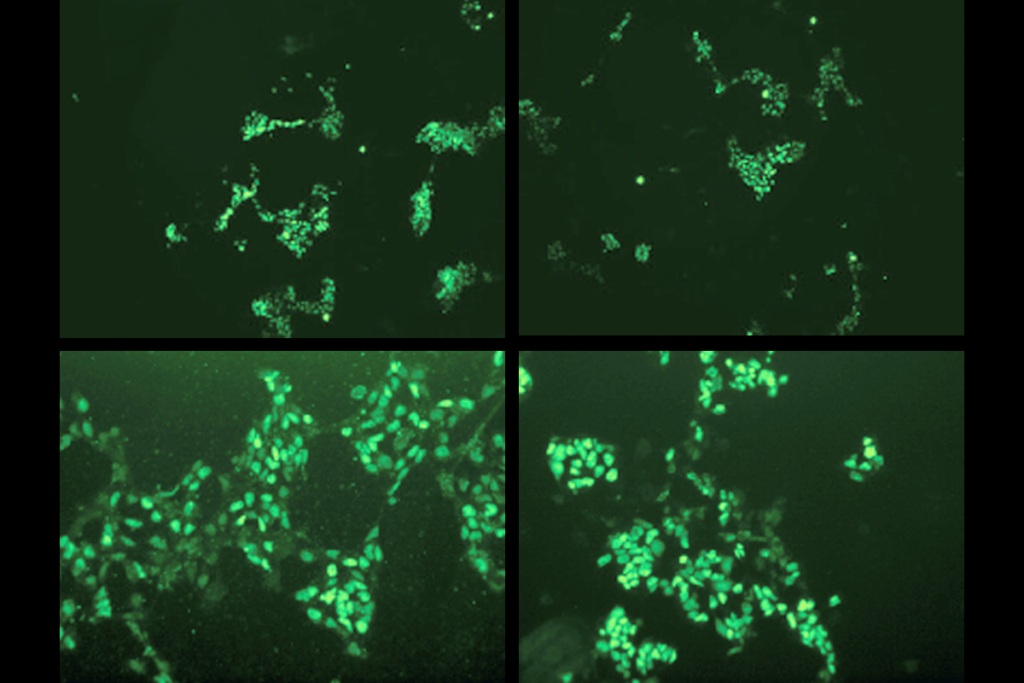A machine-learning study that purported to predict autism diagnoses has been retracted.
The retraction follows reporting by Spectrum in August about potential issues with the study that were raised on PubPeer, a website for discussing scientific papers. The issues included unclear methodology and vague, outdated language.
The study’s publisher, Hindawi, issued the retraction after an investigation “uncovered evidence of systematic manipulation of the publication and peer-review process,” according to the 29 November retraction notice.
“This paper was retracted as part of the extensive efforts we have taken to correct the scholarly record. In response to publication manipulation in the Hindawi Special Issues program, we have issued thousands of retractions,” a spokesperson from Wiley, the parent company of Hindawi, told The Transmitter in an email. “For all impacted articles, including this one, we have evidence that the publication process was undermined and we can no longer vouch for the integrity of the article. We have intentionally limited the specific details of what is under investigation in the retraction notice, in part because it is essential that the intelligence shared with bad actors is restricted.”
The study investigators disagree with the retraction. Issues with the paper should have been addressed during the review process, said Muhammad Shuaib Qureshi, assistant professor of computer science at the University of Central Asia in Bishkek, Kyrgyzstan, in an email to The Transmitter.
Qureshi and his colleagues submitted the paper on 14 February 2022. It was accepted after revision on 5 April 2022 but was not published until 10 July 2023. “Now, after 18 months of struggles, the retraction notice demolished the struggles of the authors. I think this is ethically unfair,” he wrote. “It is our humble request to re-consider and remove the retraction notice as the paper gains much reputation in the research community, which will rise the journal statistics.”
The paper marks the fourth retraction — all from Hindawi journals — for Qureshi this year.
“I don’t need that paper out there. There’s a lot of papers that shouldn’t be out there that are currently out there. And so one less is not a bad thing,” says Martin Styner, professor of psychiatry and computer science at the University of North Carolina at Chapel Hill. “Will it have a big impact? Probably not.”
T
he study was published in the Journal of Healthcare Engineering about two months after Hindawi announced on 2 May that it had shut down the journal and three other titles because they were overrun by paper mills, organizations that sell fake research papers. (Papers submitted before 2 May could still be published, though the journals were closed to new submissions.)The paper mill infiltration is largely due to “fraudulent” guest editors of special issues who can accept large batches of fake papers and “subvert” the review process, according to a Scholarly Kitchen blog post written by Jay Flynn, executive vice president and general manager of research and learning at Wiley.
The study appeared in a special issue titled “Advances in Feature Transformation based Medical Decision Support Systems for Health Informatics.” All 62 articles in the issue have been retracted.
Wiley has been steadily retracting Hindawi papers this year. Hindawi papers make up more than 8,000 of the 10,000 research paper retractions issued so far in 2023, according to an analysis by Nature. Problems with Hindawi have cost Wiley $18 million in lost revenue. As a result, Wiley announced this month that it will stop using the “Hindawi” name.






